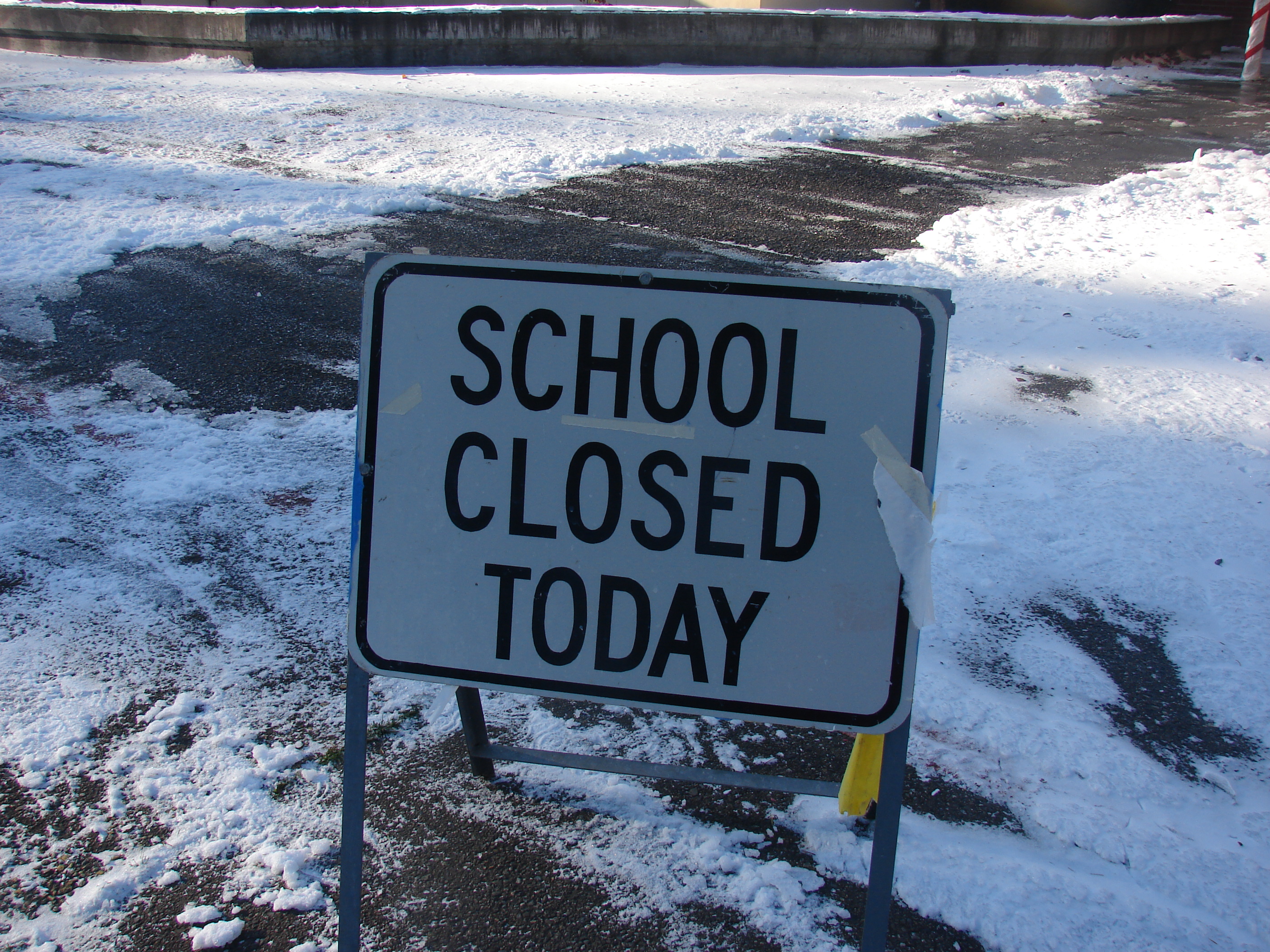
05 Jan How to ask for more financial aid
Photo: jessalrene/morguefile.comQ. Can I negotiate with a financial aid office to get a better award for my student? I’m talking scholarships and grants, not loans.
— Need more
A. You can always ask.
The worst the financial aid office can say is no.
“I wouldn’t consider it a negotiation, but as long as you are business-like in your approach it certainly cannot hurt to ask the question,” said Peter McKenna, a certified financial planner with Highland Financial in Riverdale.
McKenna said each institution has a pool of their own money to dole out as they see fit. The amount the institution has to “play” with varies from school to school.
“Private colleges are more likely to have endowments that provide resources, while state schools are less likely to have as much institutional money to spend,” McKenna said. “Schools are also likely to have a strategy of where they want to spend their money.”
It may be for a lead saxophonist, or top class-ranking, or a ranked squash player.
McKenna said most schools require the Free Application For Student Aid (FAFSA) be completed even for merit, athletic or other grants and scholarships that are not based on financial need. The reason schools do this is to obtain as much outside money as possible so that they can spread their institutional money around, he said.
The best way to open the discussion is to have a list of reasons why the student would be a great addition to the school.
If the student is being recruited by the school for their academic, athletic or other skills, you have an advantage, McKenna said. If the student’s GPA or standardized test scores are higher than the school’s average that may help as well.
“If you have a competing offer from a comparable school, that can also be used to facilitate the discussion,” McKenna said. “Having said all of this, be realistic about what you can expect from the conversation. A very expensive school with a large pool of money to spend may be able to increase the offer for a desired candidate.”
Comparatively, McKenna said, a less expensive private or state school may not have the resources to do much regardless of how much they want that student to attend.
So he said it doesn’t hurt to ask, but you should be aware that schools are using their funds strategically.
“With the explosion in the cost of higher education, most students could use some help, so demand for these resources far exceeds supply,” he said. “In the end, you and the student must evaluate the net cost of the competing institutions and determine which one gives you the highest likelihood of graduating in four years and provides the most value for the amount spent.”
Email your questions to Ask@NJMoneyHelp.com.
This story was first posted in January 2016.
NJMoneyHelp.com presents certain general financial planning principles and advice, but should never be viewed as a substitute for obtaining advice from a personal professional advisor who understands your unique individual circumstances.
